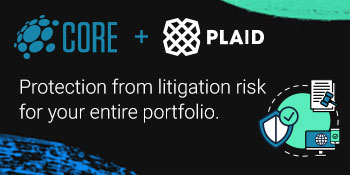Regeneron Pharmaceuticals Trial Data From LIBERTY-AFRS-AIMS Phase 3 Study Shows Dupixent Improves Signs, Symptoms Of Allergic Fungal Rhinosinusitis, Reduces Sinus Opacification, Nasal Congestion And Nasal Polyps
Author: Benzinga Newsdesk | November 07, 2025 08:11am
Regeneron Pharmaceuticals, Inc. (NASDAQ: REGN) and Sanofi today announced the presentation of positive results from the pivotal LIBERTY-AFRS-AIMS Phase 3 trial evaluating the investigational use of Dupixent® (dupilumab) in adults and children aged 6 years and older with allergic fungal rhinosinusitis (AFRS). The trial demonstrated significant improvements in signs and symptoms of disease across all primary and secondary endpoints, including reductions in sinus opacification, nasal congestion and nasal polyps compared to placebo. These are the first-ever positive Phase 3 results specifically in AFRS and will be shared today at the American College of Allergy, Asthma and Immunology (ACAAI) 2025 Annual Scientific Meeting.
Recently, the U.S. Food and Drug Administration (FDA) accepted for Priority Review the supplemental Biologics License Application (sBLA) for Dupixent in adults and children aged 6 years and older with AFRS. Priority Review is granted by the FDA to regulatory applications seeking approval for therapies that have the potential to provide significant improvements in the treatment, diagnosis or prevention of serious conditions. If approved, AFRS would represent the ninth FDA-approved indication for Dupixent – all in diseases that are atopic or with type 2 inflammation – including specific patients suffering from the skin diseases atopic dermatitis, chronic spontaneous urticaria, prurigo nodularis and bullous pemphigoid; respiratory diseases including eosinophilic asthma, eosinophilic chronic obstructive pulmonary disease and chronic rhinosinusitis with nasal polyps; and the gut disease eosinophilic esophagitis. Many patients suffer from multiple atopic or type 2 inflammatory diseases for which Dupixent is indicated. Dupixent works by blocking IL-4 and IL-13, and its efficacy across all these diseases provides the strongest evidence that these two interleukins are major drivers of the type 2 inflammation causing these diseases.
Posted In: REGN




